Feeling worried or having strange thoughts can be scary. You might wonder if it is anxiety or if it is obsessive-compulsive disorder (OCD). Both make life hard. But they are not the same. Let’s make it clear. This will help you understand the difference and get the help you need.
What Is Anxiety?
Anxiety is a persistent worry. You may feel tense, jumpy, or restless. Your heart might race. You could sweat or feel unwell. You often worry about what could happen next. You imagine negative outcomes. Anxiety has many forms. Panic attacks and general worry are two common types.
What Is OCD?
OCD means you have unwanted thoughts and repeated actions. The thoughts are called obsessions. They pop into your mind and won’t leave. The actions are called compulsions. You do them to feel less scared. A person might obsess over the thought that their hands are dirty. They wash their hands many times (compulsion). The cycle of thoughts and actions takes a lot of time. It can stop you from living your life.
Thoughts versus Actions
Anxiety focuses on worries about what might happen. You tend to shy away from activities that cause you anxiety. OCD creates a cycle where a thought leads to a specific action. You act to stop the thought. Unlike anxiety, OCD makes you repeat actions to manage thoughts.
What the Behavior Means
In anxiety, you often try to avoid danger. You might check things or stay away from scary places. In OCD, these actions don’t actually stop danger. They only ease your fear for a little while. Then, the fear returns. So, you repeat the action over and over.
Control Over Thoughts and Actions
People with anxiety usually recognize when they are worried. They often try to relax. People with OCD feel a strong need to act. They believe they have to do it. Both can be tough to manage. Yet, the urge to repeat actions is more intense in OCD.
Triggers
Anxiety often has many triggers. Work, school, money, or health can set it off. OCD triggers are usually specific. They focus on germs, order, harm, or strange rules in the mind. If you have a set of particular fears that lead to repeats, think OCD.
When Both Happen Together
It is possible to have both anxiety and OCD. They can make each other worse. Anxiety can feed the obsessions. Obsessions can raise anxiety. A doctor will look for both to make the right plan.
How Doctors Tell the Difference
A clinician will ask about your thoughts, actions, and how long they last. They will ask how much your life is affected. They may use simple tests and talk to you about your history.
At Ascension Psychiatric Services, a trained clinician will ask many questions in a calm way. They look at your whole health. This enables them to determine the best care option for you.
Functional Therapies for Anxiety
There are many non-drug ways to treat anxiety. These are called functional therapies. They focus on your whole body and mind. They are often safe and gentle. Many individuals experience improvement after just a handful of sessions.
Common kinds of functional therapy include:
- Cognitive Behavior Therapy (CBT). This approach allows you to confront your fears gradually, tackling them one step at a time.
- You learn to calm your mind.
- Guided Relaxation. You follow a coach or a recording to relax your body.
- Yoga, Tai Chi, Qigong. These use slow moves and breathing to calm you.
- You use mental pictures to feel safe.
- Music Therapy. Music helps reduce stress.
- Animal-Assisted Therapy. Time with animals can lower fear.
- Naturopathy, Herbal Supports, Aromatherapy. These are natural ways some people try.
CBT helps with anxiety and OCD. ERP, a type of CBT, treats OCD by facing fears without giving in to compulsions.
When Medication Helps
Medicine can be helpful at times. Medication can reduce severe symptoms, allowing you to engage in therapy. A healthcare professional will discuss the advantages and disadvantages with you. They will make a plan that fits your life.
When to Seek Help
Get help if:
- Your thoughts and actions take a lot of time each day.
- You cannot sleep or do daily tasks.
- You feel too afraid to leave home.
- You think about harm to yourself or others.
If any of these happen, ask for support now. You do not have to wait.
How Ascension Psychiatric Services Can Help
Ascension Psychiatric Services offers virtual mental health care across Georgia.
They treat anxiety, OCD, depression, sleep trouble, ADHD, and more.
Anthony J. Hall leads the team. He holds board certification as a psychiatric nurse practitioner. He possesses over 25 years of nursing expertise, with 15 years focused on behavioral health. He is a U.S. Air Force veteran. He and the team aim to help people cope with complex problems and find steady care.
A visit with Ascension starts with a careful talk. The clinician listens. They make a plan that may include therapy, functional treatments, or medicine. They assist you in identifying what works best for you.
Conclusion
Anxiety and OCD can feel similar. But there are apparent differences in the urges, the actions, and the way they take over your day. If your worries or rituals take too much time or cause real harm, reach out. Talk to a clinician who will listen and make a plan with you.
If you want virtual care in Georgia, Ascension Psychiatric Services can help. You deserve care that fits you and enables you to feel safer. Take one small step today. Ask for help. You are not alone.
FAQs
Will medicine help me?
Sometimes. Medicine can lower strong feelings, so therapy works better. A clinician will talk with you about the right choice.
Can I have both OCD and anxiety?
Yes. Many people have both. One can make the other feel worse.
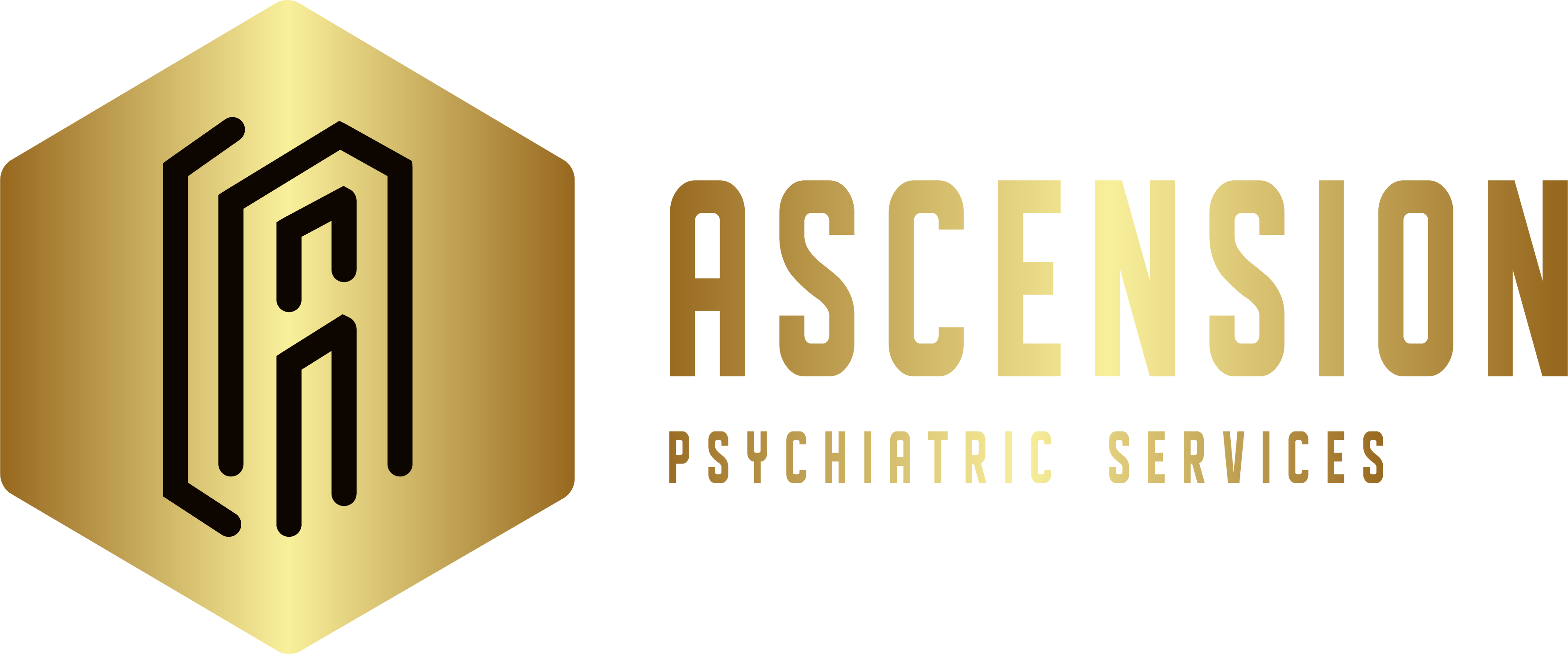
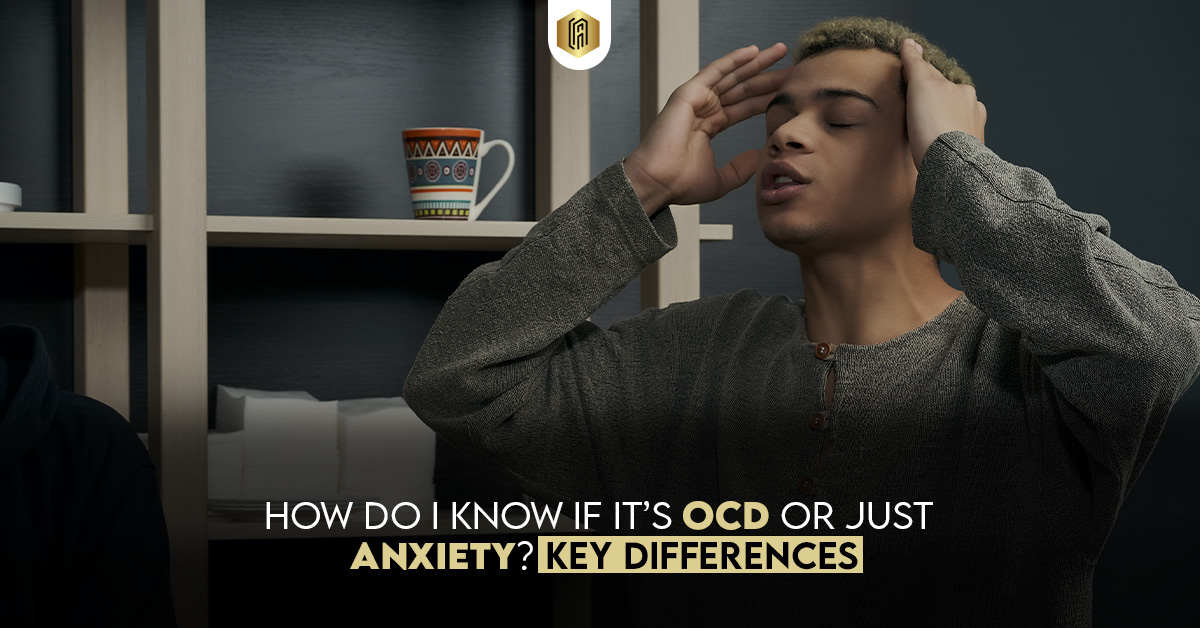
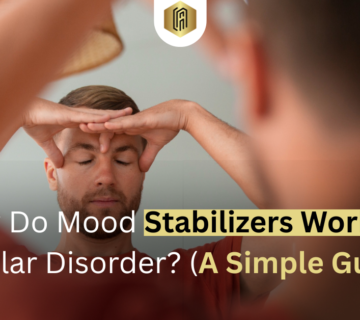
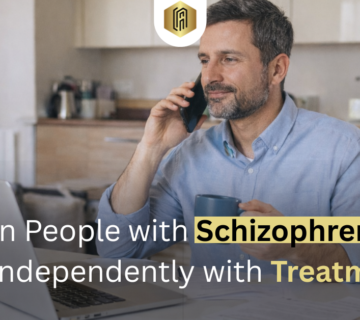
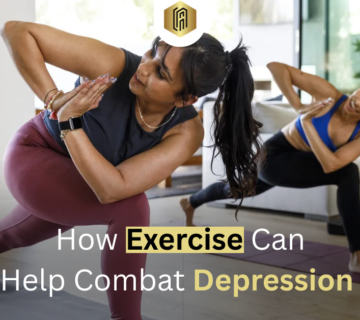
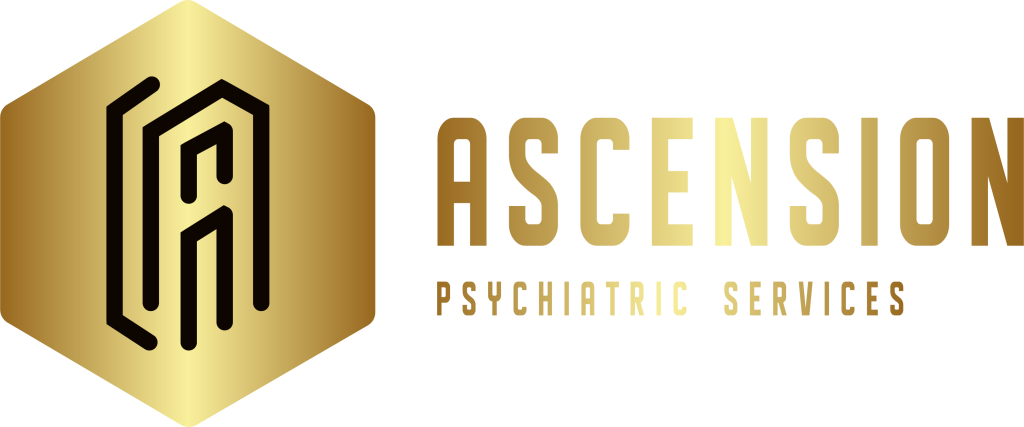
No comment